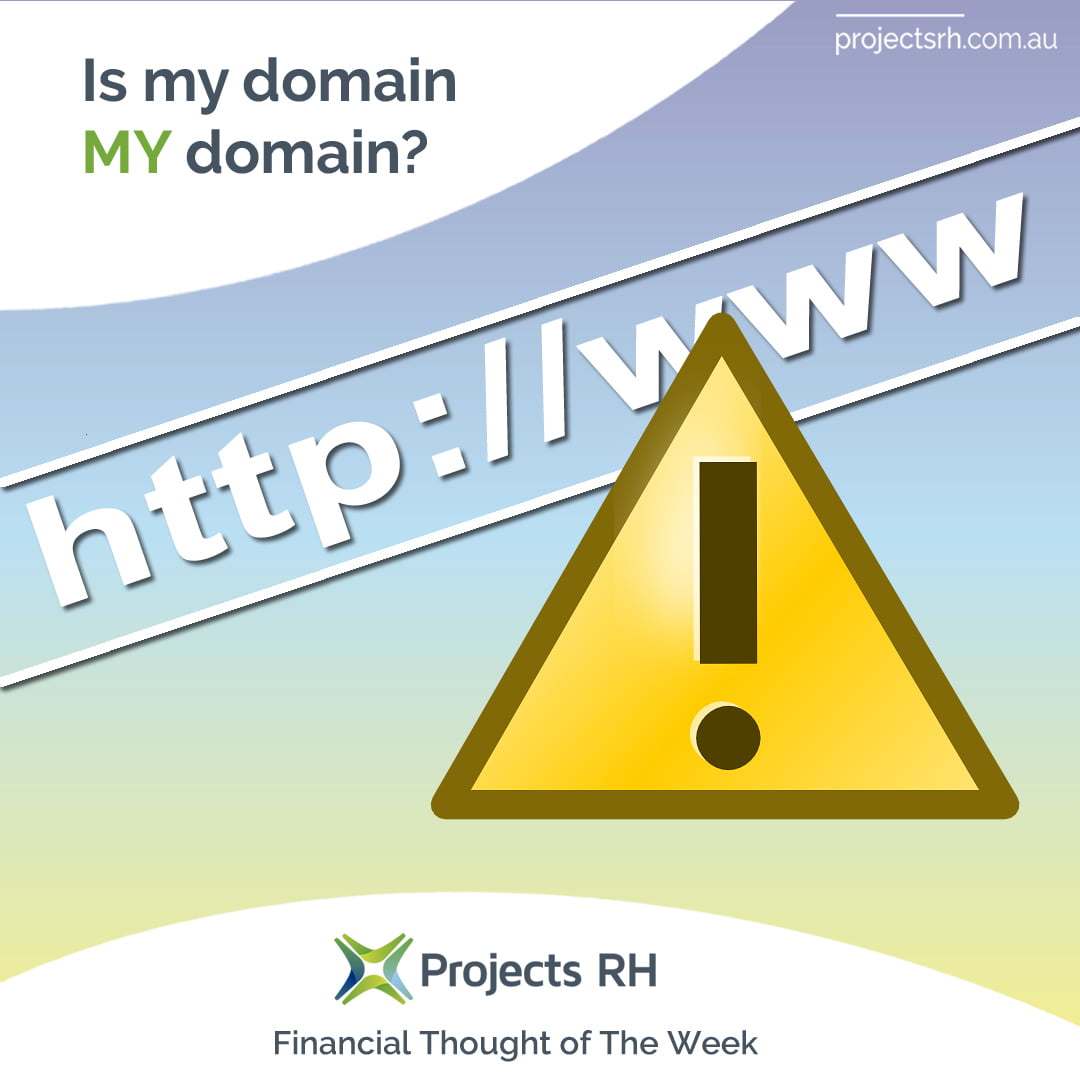The four quarters of 2020 have been far from equal.
Quarter one saw us look at Covid-19, imagining what its impact would be. Quarter two saw us dealing with the hand we had been given and preparing for Quarter 3, during which most of Australia saw the beginnings of change. Quarter four found us embracing the change and beginning to live in a post Covid-19 world.
The Practical Issue
2020 saw opportunity for many, but we also had the first recession in 29 years and many businesses were damaged. The seeds of the recession were sown before Covid-19 manifested itself. Covid-19, coupled with the recession, resulted in much pain. The impact on Victoria was immense but their rapid return has been impressive.
As we all look at the global statistics of what 2020 has meant for everyone, it is clear we are very fortunate that we live in Australia. I, for one, was very cynical about the idea of the national cabinet and I believe we owe the leader of the ALP Anthony Albanese a debt of gratitude for showing common-sense. The Australian Labor Party supported most of the initiatives of government and in particular passed in full through both houses of parliament the budget in less than three days. Clearly Mr Albanese and his team put the nation first. I think the same can be said of our State premiers and Territory leaders. Clearly there were different views but each acted in what they saw as the interests of the people.
Shortly after the outbreak of Covid-19 in Australia, Mark Hodgson, a well-known management consultant based in Sydney, observed that in five weeks we had seen five years of technology accepted and the way we do business changed. For him there was nothing of great surprise as the technology existed; rather, it was the rapidity in which it was adopted. Hodgson had already adopted many of the things he was to teach his cohort of followers. He was working from home, travelling as required, having a balanced life in dealing with the practical issues.
The early Covid-19 model saw those that could work from home, do so, and many of us work longer and harder as the grind within the economy slowed. The pain was felt particularly in the middle market, retail and consultants. Increasingly companies and managers became more like software companies on Fintech’s applying the principles of the geek economy. Many professional services firms reduced the rates and hours they offered to their professional staff as they saw their own workload reduced. A notable exception to this was the accountants who work with middle business and were helping to keep their clients afloat by gaining them benefits available from state and national governments, most importantly for many JobKeeper 1. As we worked from home, the purchases of new PCs, screens, modems etc., and the stories from the online providers such as Officeworks, Harvey Norman and JB Hi-Fi confirmed the investment many made in the new way of doing work.
Australia also owes gratitude to its health sector, public transport, retailers, port operators, airlines and cleaners who kept our country liveable and operating.
Technical work change
As many of us work from home we learn to use tools which already existed but which had not been widely adopted. For a long time, I have used Skype and WhatsApp (with video) but initially for family and friends spread around the world. Whilst these technologies had being used in our business, they were applied for working with team members offshore. They became critical for not only dealing with clients offshore but for businesses which had been less than a 10 minute walk from our CBD office. Everyone was working from home.
Most people have become at least a little more tech savvy; dealing with new software and updates and cyber security. The key updates have been in videoconferencing systems which include Zoom, Microsoft Teams and ClickMeetings.
One consequence has been we are printing less as we are sharing documents electronically and not in paper form. Documents are now even being signed and registered as signed electronically.
The major breakthrough, for Projects RH at least, was the growing importance of strategic alliances with the ability to share documents and hold meetings across borders and countries at relatively short notice. The first thing we saw was the people whom we traditionally travelled interstate to work with embrace the technology, and we were able to work with them almost face-to-face on a few minutes notice rather than on our next planned visit. For us, to quickly spread to discussions with Europe in the evenings, the Americas in the mornings and Asia (including India and Sri Lanka) during the day. The outcome of this is that we are working longer and harder as we still have our Monday meetings with our teams, but it is Sunday still in the Americas, but on Saturdays we still have meetings with the Americas as it is their Fridays. For Europeans the novelty of a call from Asia or Australia has also disappeared. We have had to learn about their work from home patterns. Many of the people we would like to speak to in Europe started a little bit later so they can have a crossover with these coast USA. Whilst the world may have shrunk our day has got longer, especially when we go on to daylight savings and Europe and North America goes off summertime.
Global funding
Whether it is opportunities in mining or the tech sector, what we have witnessed is the globalisation of investors. As we worked with our clients developing important financial and strategic documents like information memoranda, financial models, pitch deck’s and teasers, we saw they were being presented to an increasingly global audience which is demanding and analytical. We found that we were working with the specialist in New York or New Delhi rather than the Australian representative based in Sydney or Melbourne.
Whether talking to Australian investors or those offshore, we are increasingly seeing that first they are looking for value, second, they see 2021 as a year where their money will get more, and third, they are therefore not stressed to be fully invested, nevertheless, the private investors and funds we speak to do see, almost as night follows day, they will have new funds to invest and therefore they must remain active in the market to be able to demonstrate superior returns which, with current interest rates, do not occur by being overly weighted in cash.
There is a global recognition that the best performing sector in 2020 and forecast for 2021 will be the tech sector and therefore this is the most attractive place for investors to seek opportunity. Many organisations are growing their strategic alliances so that they have access to international technical experts.
Nevertheless, we continue to see active interest in agriculture, quality property, energy and minerals. Many investors are seeing 2020/21 as a time to make strategic investments in these sectors too. The sectors are also being disrupted.
Covid-19 – Impact on markets
Covid-19 has had a massive impact on markets and governments. In the case the Australian dollar we saw it sink to 55 US cents before recovering and sitting in 70 – 73 US cents most of the year.
One of the consequences of us increasingly working from home, around the world, was a quick falloff in demand for energy particularly fossil fuels. Much has been made of the fact that the price of oil fell into negative numbers but this was largely because of the operation of US futures markets. There were clear implications as the underlying commodity fell substantially too close to the marginal cost of production at low volumes and the refinery spread, known as the crack spread, fell to levels which meant the refiners were making zero margin or losing. This had two immediate impacts: The first was that high-cost smaller oil refineries were closed, and because of the low margins new investment could not be justified other than in large high-tech production facilities strategically located; however, even such projects have generally been deferred.
The implication for the oil industry is huge and the oil majors indicated that they are continuing to exit oil refining and focusing on new forms of energy. In our part of the world, it is also had a major impact on the production of gas. At the beginning of the year Australia was the world’s largest single exporter of gas and current spot prices further investment is hard to justify. Clearly there will be further investment but like 25 to 30 years ago that will only be made when there are long-term commitments via offtake agreements which are sensibly priced to ensure that the investors in the gas industry get a reasonable return on their investment. What we have seen is the former oil majors have been reborn as the energy majors reweight their portfolios in favour of generating green power, producing and selling gas, developing a retail offer which includes EV recharging and being an active partner in the electricity business.
The second impact was on the other major traded fossil fuel, thermal coal. The price of thermal coal globally fell below the cost of production. Again, this is not sustainable and the demand for thermal coal continues to grow particularly in Asia. The reduction in the use of thermal coal in the developed world is being more than offset by the growth of its use in Asia. The investors in thermal coal continue to change as traditional leaders BHP, Rio Tinto and Anglo American exit the industry globally. Many of the investors in thermal coal are now linked directly with the energy generation industry and examples include Adani from India and Adaro from Indonesia. One can expect that new investment in the coal -based power generation industry will need to include an investment in gas sequestration. Despite the announcements by many Western banks that they will no longer invest in fossil fuel projects, investment will continue whilst coal-fired generation remains the cheapest form of reliable baseload power. Most governments wish to see diversity in their power system and in India in Vietnam, in particular, there continues to be a view that in the long-term this will include coal.
The Experts
Across much of Asia and in western countries and those who aspire to live like them we have seen heavy reliance on experts particularly explaining to us, and government, how Covid-19 spreads and what we need to minimise the impact. The year saw a conflict between those who would put health first at all costs and those who would put the economy first at all costs. I hope history will prove that Australia got the balance right even though, I for one, have been quite critical about where the line was drawn with respect to foreign students.
It is interesting that governments have decided to listen to “experts” and not take any responsibility when something goes wrong.
To be fair, we have continued to wear facemasks and gloves wash our hands and shoes with antibacterial material as we do not see Covid-19 as beaten but rather, in Australia, it seems a little bit tamed – but like a lion we need to be ready in case it returns. We do need to learn the lessons of what happened in Sydney, Melbourne and Adelaide – each involved human error.
Personally, I see Covid-19 like polio. It is a global problem which we all need to work together to solve it will take years not months and it will involve vaccination. I suspect it is something that the developed world will need to fund for all. It is like Ebola until we destroy it can break out again.
Asia has long had to deal with very harsh flues. Many have suggested that the reason certain countries in Asia, the standout example being Singapore, have been able to deal with this is that their populations understand when government says this is critical they put community first before the individual. Again, I think Australia seems to have demonstrated that it got the balance right.
Immunisation
Globally our medical and pharmaceutical leaders have been trying find the vaccine to solve our problems. Quite rightly the right vaccine stops the further spread of the disease and reduce the impact.
Australia has played its part in the development of vaccines. Importantly, we have recognised that the fantastic work undertaken by The University of Queensland will not deliver the answer require within the agreed time. Firstly, the University acknowledged this and secondly the government agreed an alternative solution had to be found. It is now proceeding with three other options and has ordered some 50 million doses of vaccine.
Immunising everybody in Australia will solve a domestic problem but it does not and cannot address what is clearly a global issue. We need our friends and trading partners to return to work too. Some 270 million people live in Indonesia and we cannot ignore what goes on there. Likewise, Australian companies invest in and trade with companies and in countries all over the world. Australians come from over 200 distinct nationalities, each of which provides us with trading opportunities and family obligations. Australia does not live alone.
Moving Forward
By all accounts, Australia’s economy will come out of Covid-19 relatively strong and with the opportunity to export both goods and services. To do this profitably we need healthy trading partners too. Australia may be an island but it needs other nations to trade with.
We need to be working with our neighbours and friends to ensure that we develop ongoing trading relationships which will allow us to recover the parts of our economy which had been hurt, specifically the education sector and the export of professional services.
Caution
As we face 2021 we need to be cautious, strong and opportunistic.
Australia currently has a zero-population growth and is a net exporter of people. We need to continue to develop our domestic market and entrepreneurs. The Australian budget of 6th October, made very clear that the government is looking for development in crucial sectors and that we need entrepreneurs to do this. Today Australia has about 2 million people here on visas. Australia has decided to allocate some hundred 160,000 new places for people to head towards permanent residency and citizenship. Of these places 72,000 are reserved for partners. Some 15,000 are for gifted independent talent (GIF) with about 13,500 places reserved for business innovation and investors. It is somewhat ironic that many of the people we seek as ideal immigrants are already amongst us. They came here to study; they speak English and they have a spirit which brought them to a new country to gain skills. It is that spirit which will make them great entrepreneurs. We need to let them be those great entrepreneurs, make Australia home and employ Australians.
View
2020 has been challenging and many of us have had to learn to adapt quickly. Australia has developed a huge opportunity to benefit from the world´s recovery from Covid-19 by being the early mover. Yes, we need to be cautious, but not so cautious that we do not seize this once-in-a-century opportunity and promote the great advantages Australia has, such as its harmonious multi-cultural society, followed by its healthy economy and its skilled people.
Conclusion
2021 can be a wonderful year for Australia, we should have learned much from 2020, we have adapted and evolved and now we need to come to capture the value created; hard work.
No doubt 2021 will see vaccine and increased international travel. Australia needs to seize the business opportunities which emerge not only in its own region but across the oceans. The focus of the new economy in Australia is on the tech sector. Our markets may be with former competitors and we know well that Australia is a leader in selling technologies in mining around the world, and this has not damaged our mining sector. Today we continue to expand our Agri-tech sector with many countries looking to Australia.
2021 and the decade that follows will depend on the decisions we make shortly. Not only will Australia continue to be a significant exporter of produce and commodities but also of services including education, what we need to do is look to the new value-added services and ensure that Australia is at the forefront. This means we must have the right people working in leading our new businesses.
Paul Raftery – Director, Projects RH.
Sydney, December 2020
One thought on “2020: The Year We Lived Through”




